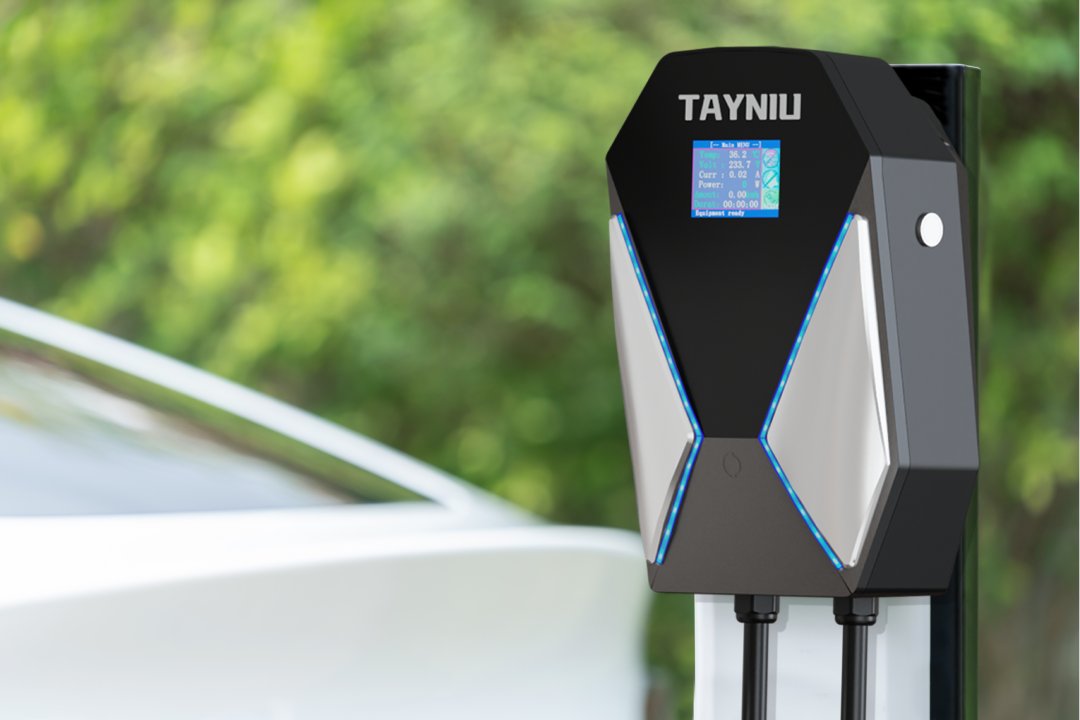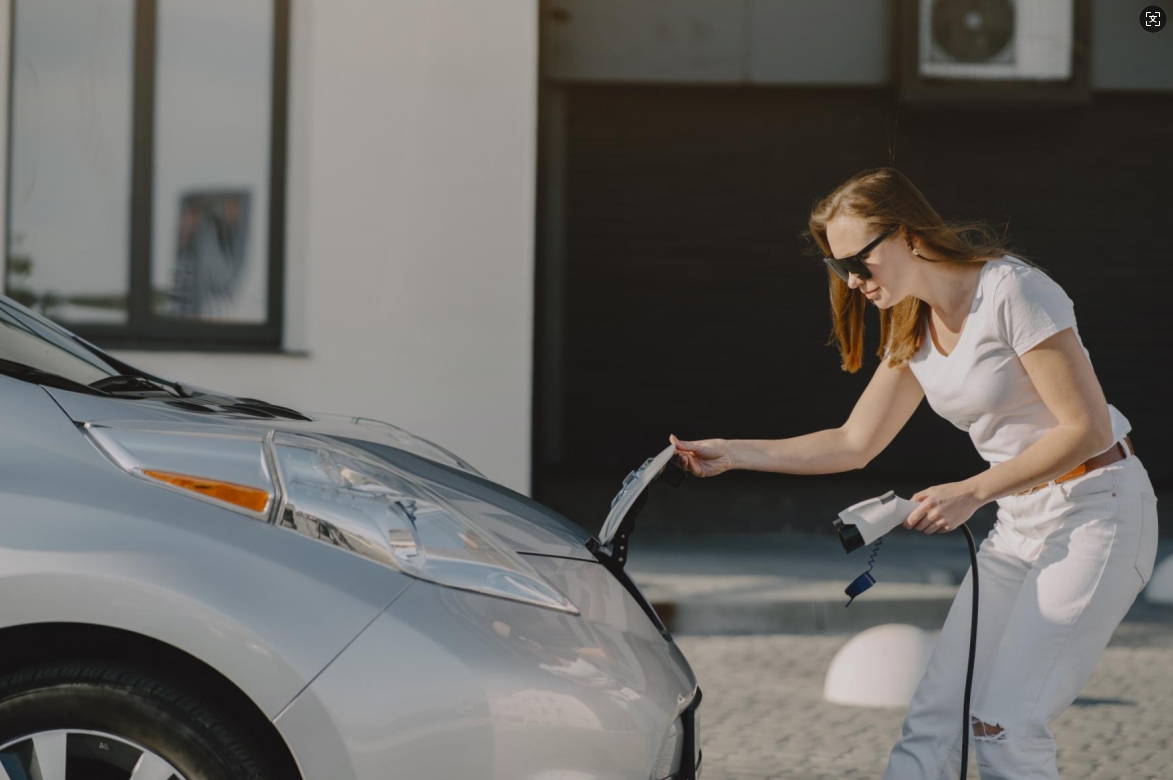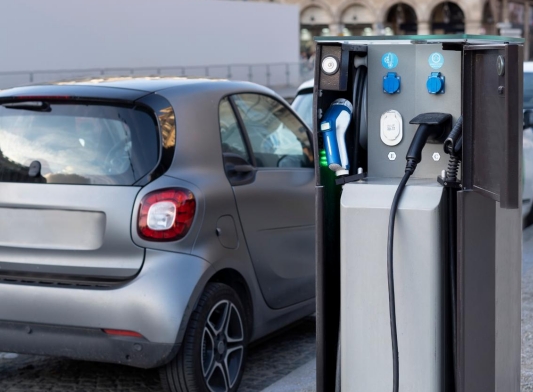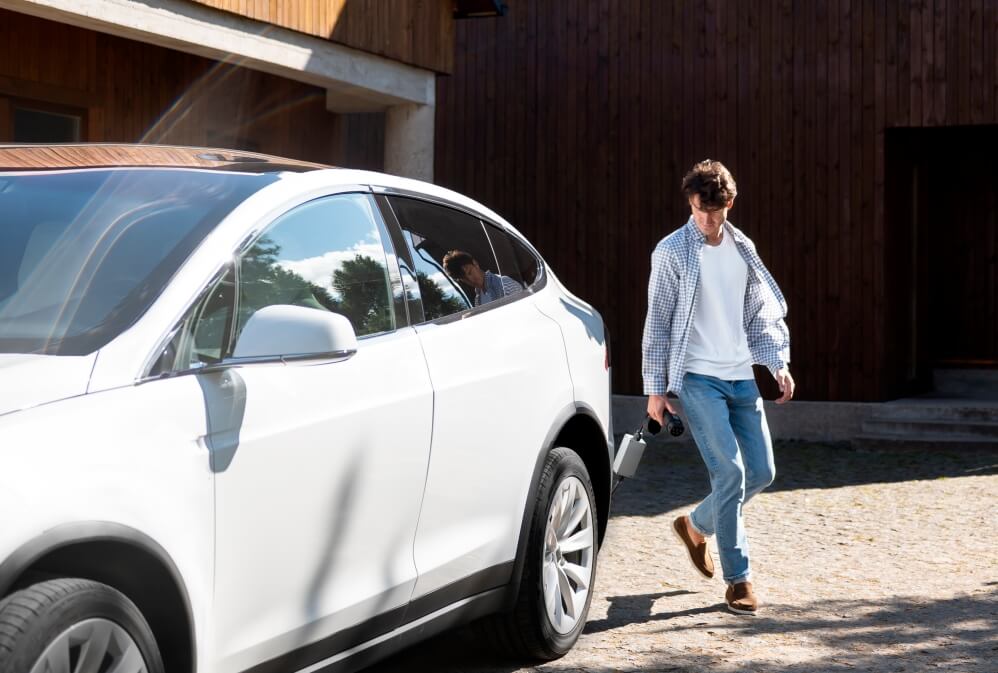Home Electric Charging Points: Costs, Benefits, and Tips
As electric vehicles (EVs) continue to grow in popularity, the need for convenient and efficient charging solutions has never been greater. Installing electric charging points at home is one of the best ways to ensure your EV is always ready for the road. This guide explores the costs, benefits, and essential tips for setting up a home charging station, helping you make an informed decision that suits your needs and budget.

Why Install Electric Charging Points at Home?
A home charging point offers more than convenience for EV owners—it’s a necessity. Here are some key reasons why:
- Convenience: Say goodbye to frequent trips to public charging stations. With a home charger, you can charge your EV overnight and wake up to a fully charged battery every morning.
- Time Efficiency: Public charging stations often involve waiting, especially during peak hours. A home charger eliminates these delays, saving you valuable time.
- Cost Savings: Charging your EV at home is often much cheaper than public chargers, particularly when taking advantage of off-peak electricity rates.
- Future-Proofing: As more EVs hit the road, having a dedicated electric charging point at home ensures you’re prepared for the future of transportation.
Costs of Installing a Home Charging Point
Setting up electric charging points at home requires an initial investment, but the long-term benefits make it worthwhile. Here’s what to consider:
- Purchase Cost: Home chargers, especially Level 2 chargers, typically range from $500 to $1,500, depending on features like smart connectivity and energy monitoring.
- Installation Costs: Installation expenses can vary based on your home’s electrical system and the complexity of the setup. Hiring a licensed electrician may cost between $500 and $2,000.
- Government Incentives: Many regions, including Ontario, offer rebates or tax credits for installing home EV chargers, significantly reducing upfront costs.
- Ongoing Costs: While charging your EV at home increases electricity usage, scheduling sessions during off-peak hours can help keep costs low.
Benefits of Home Charging Points
Investing in a home charging station comes with numerous advantages:
- Customizable Charging: Most chargers let you set schedules to maximize savings with off-peak electricity rates.
- Enhanced Safety: Modern chargers include surge protection and temperature monitoring features, making them safer than standard outlets.
- Increased Property Value: Homes equipped with EV charging infrastructure appeal to buyers, especially as EV adoption grows.
- Eco-Friendliness: Pairing your charger with renewable energy sources, like solar panels, can further reduce your carbon footprint.
For an excellent balance of speed, safety, and affordability, consider the Tayniu SpeedyPro series. Its advanced features and reliability make it a standout choice for home EV charging.
Choosing the Right Home Charging Point
Not all chargers are the same. Here are some factors to consider when selecting electric charging points at home:
- Charger Type: Level 1 chargers are slower and use standard outlets, while Level 2 chargers are faster and require a 240-volt connection.
- Compatibility: Ensure the charger matches your EV’s connector type, such as J1772 or Type 2. Tesla owners may need an adapter.
- Smart Features: Look for chargers with Wi-Fi connectivity, mobile app integration, and energy monitoring for convenience.
- Future Scalability: If you plan to add more EVs to your household, choose a charger with higher power output or multiple ports.
Tips for Installing Home Charging Points
To ensure a smooth installation process, follow these tips:
- Hire a Professional: Always work with a certified electrician to guarantee safety and compliance with local electrical codes.
- Assess Your Electrical Panel: Your home’s electrical system should support the additional load of a Level 2 charger. An upgrade may be necessary.
- Choose the Right Location: Install your charger in a sheltered, accessible spot near your EV’s parking area to minimize cable length and potential hazards.
- Maintain Regularly: Periodically inspect your charger for wear and tear, and keep it clean to ensure optimal performance.
Overcoming Common Challenges
While installing electric charging points at home is generally straightforward, you may encounter some challenges:
- High Upfront Costs: Use financing options or government incentives to offset initial expenses.
- Space Constraints: If your garage or driveway is limited in space, consider compact or wall-mounted chargers.
- Power Supply Limitations: Upgrading your electrical panel or adding a dedicated circuit can resolve capacity issues.
Conclusion
Setting up electric charging points at home is an investment in convenience, efficiency, and sustainability. Although the initial costs may seem significant, the long-term benefits—from cost savings to increased property value—make it a worthwhile decision. Ready to take the next step? Explore our top-rated home chargers and professional installation services today, and enjoy seamless EV ownership like never before!
References
Last Updated on December 19, 2024 by tayniu



